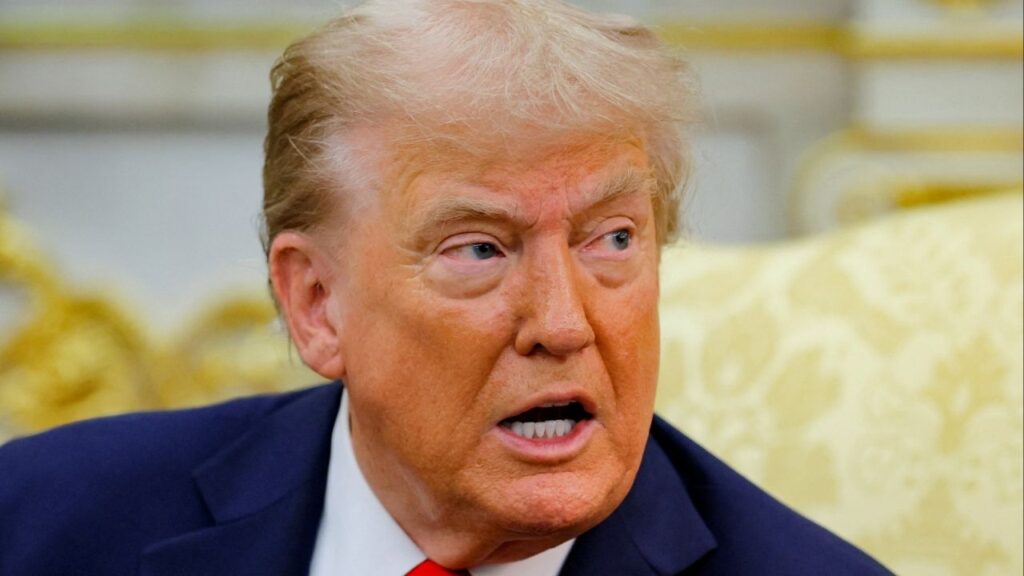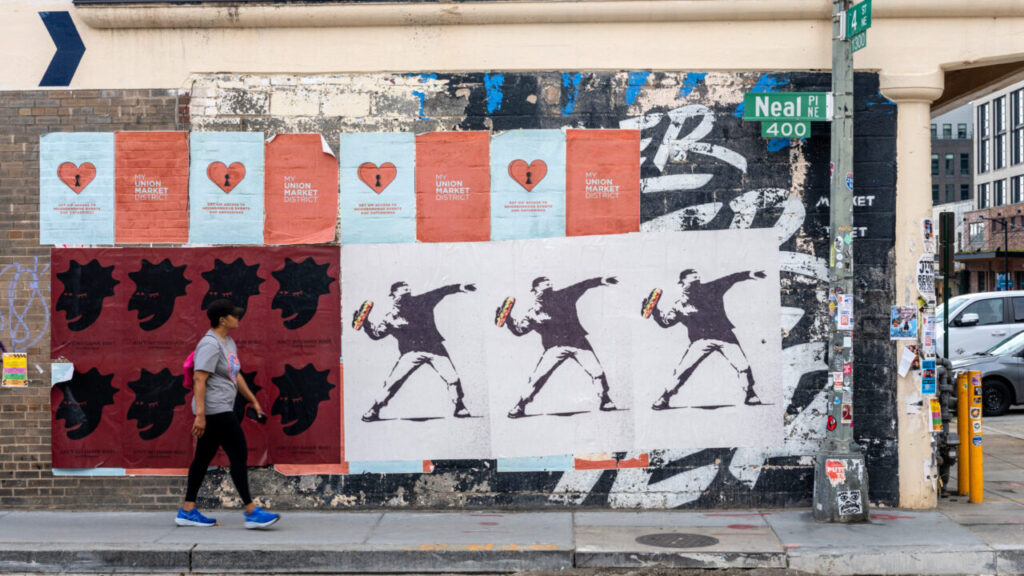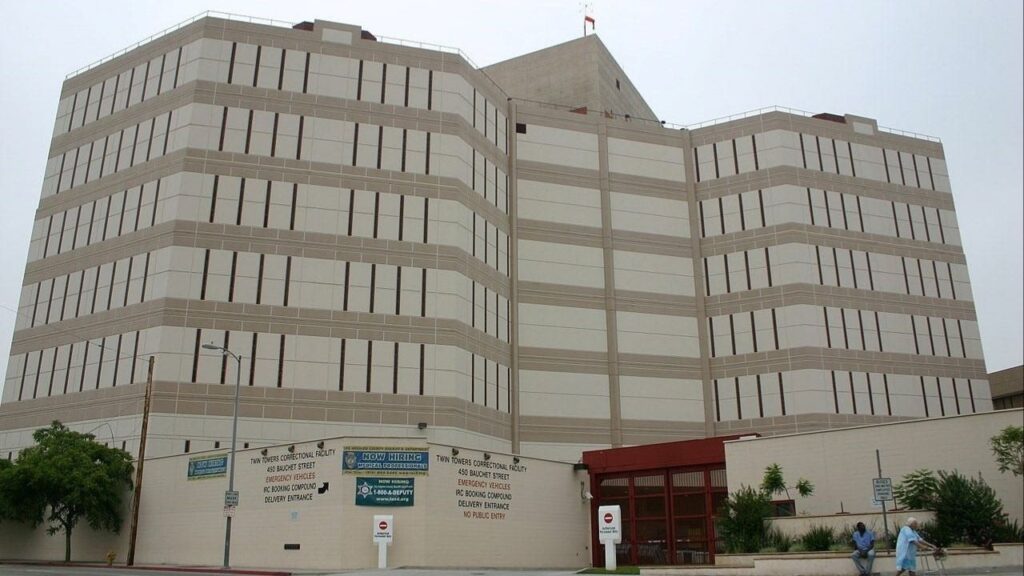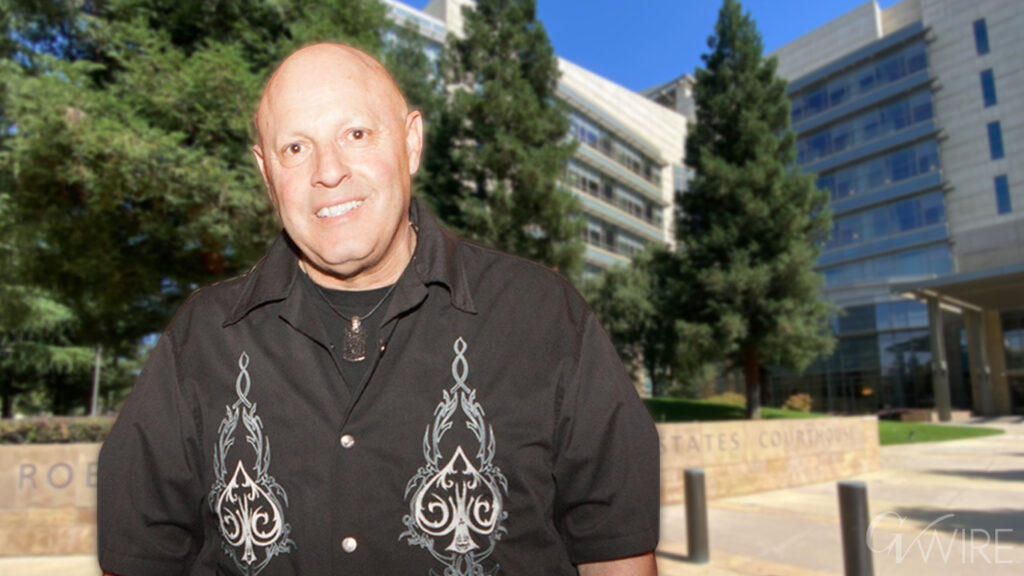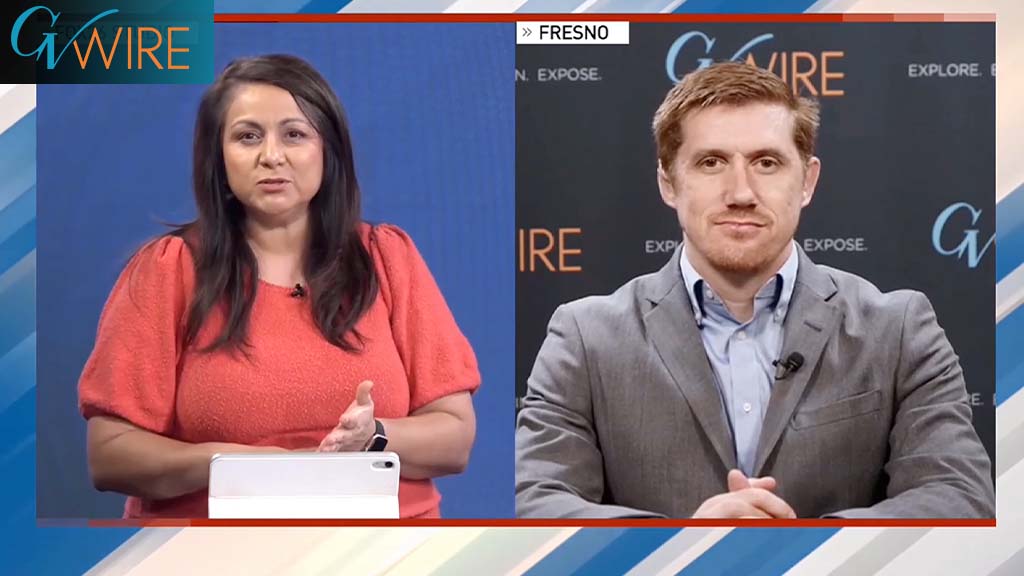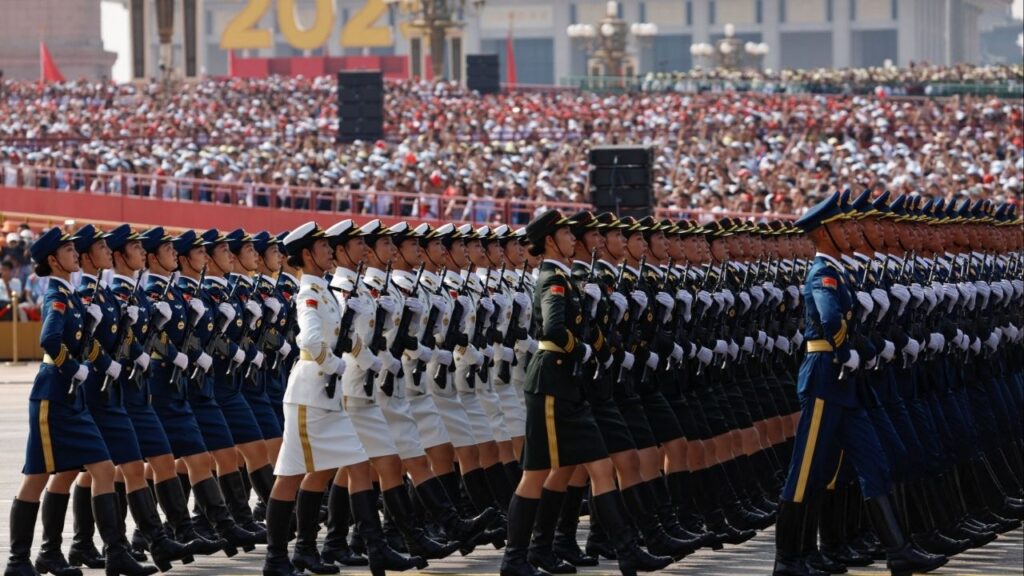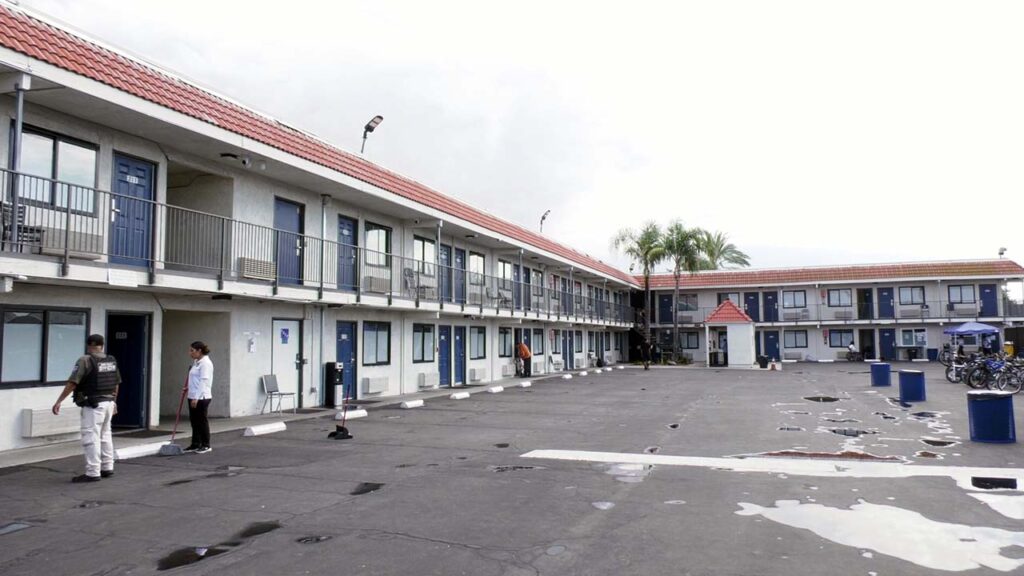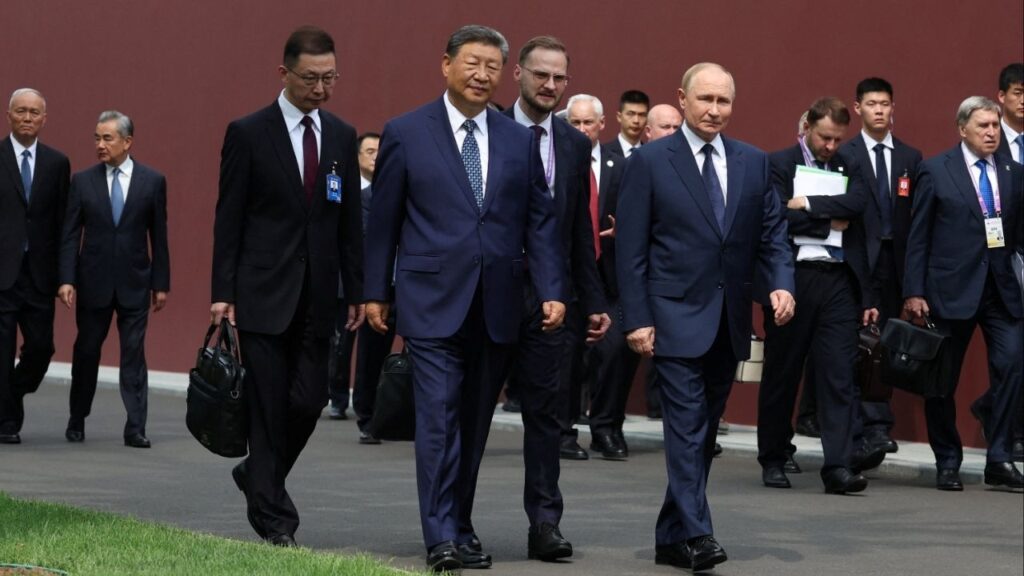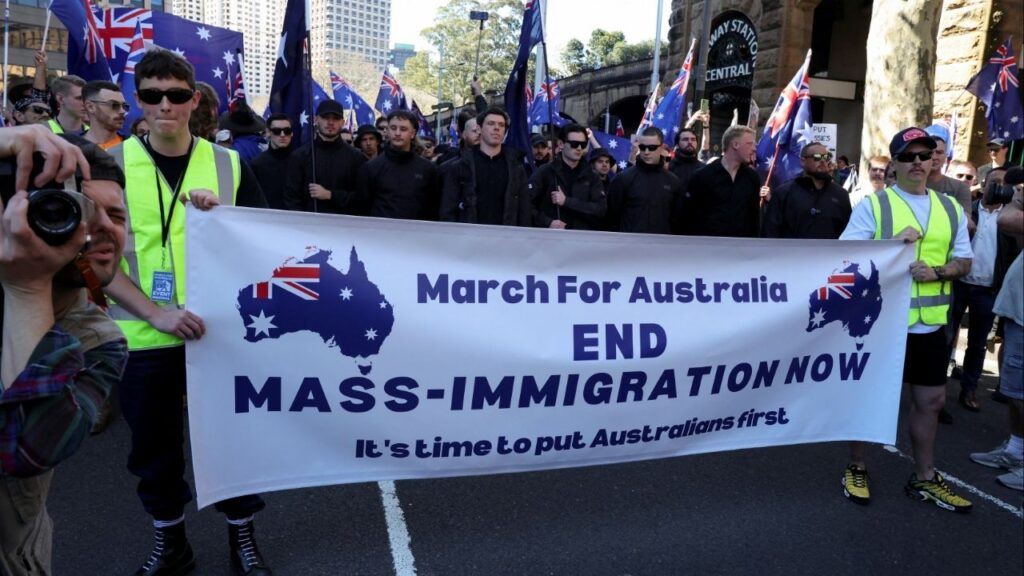Share
|
Getting your Trinity Audio player ready...
|
Brandon Johnson, a union organizer and former teacher, was elected as Chicago’s next mayor Tuesday in a major victory for the Democratic Party’s progressive wing as the heavily blue city grapples with high crime and financial challenges.
Johnson, a Cook County commissioner endorsed by the Chicago Teachers Union, won a close race over former Chicago schools CEO Paul Vallas, who was backed by the police union. Johnson, 47, will succeed Lori Lightfoot, the first Black woman and first openly gay person to be the city’s mayor.
Lightfoot became the first Chicago mayor in 40 years to lose her reelection bid when she finished third in a crowded February contest.
Johnson’s victory in the nation’s third-largest city capped a remarkable trajectory for a candidate who was little known when he entered the race last year. He climbed to the top of the field with organizing and financial help from the politically influential Chicago Teachers Union and high-profile endorsements from progressive Sens. Bernie Sanders and Elizabeth Warren. Sanders appeared at a rally for Johnson in the final days of the race.
Taking the stage Tuesday night for his victory speech, a jubilant Johnson thanked his supporters for helping usher in “a new chapter in the history of our city.” He promised that under his administration, the city would look out for everyone, regardless of how much money they have, whom they love or where they come from.
“Tonight is the beginning of a Chicago that truly invests in all of its people,” Johnson said.
Johnson, who is Black, recalled growing up in a poor family, teaching at a school in Cabrini Green, a notorious former public housing complex, and shielding his own young kids from gunfire in their West Side neighborhood.
He referenced civil rights leaders Martin Luther King Jr. and the Rev. Jesse Jackson and called his victory a continuation of their legacies. He also noted that he was speaking on the anniversary of King’s assassination.
“Today the dream is alive,” Johnson said, “and so today we celebrate the revival and the resurrection of the city of Chicago.”
Win for Teachers Union
It was a momentous win for progressive organizations such as the teachers union, with Johnson winning the highest office of any active teachers union member in recent history, leaders say. For both progressives and the party’s more moderate wing, the Chicago race was seen as a test of organizing power and messaging.
Johnson’s win also comes as groups such as Our Revolution, a powerful progressive advocacy organization, push to win more offices in local and state office, including in upcoming mayoral elections in Philadelphia and elsewhere.
Vallas, speaking to his own supporters Tuesday night, said that he had called Johnson and that he expected him to be the next mayor. Some in the crowd seemed to jeer the news, but Vallas urged them to put aside differences and support the next mayor in “the daunting work ahead.”
“This campaign that I ran to bring the city together would not be a campaign that fulfills my ambitions if this election is going to divide us,” Vallas said.
In a statement, Lightfoot also congratulated Johnson and said her administration will collaborate with his team during the transition.
Johnson and Vallas were the top two vote-getters in the all-Democrat but officially nonpartisan February race, which moved to the runoff because no candidate received over 50%.
On Tuesday, Johnson took many of the predominantly Black southern and western areas where Lightfoot won in February, along with the northern neighborhoods where he was the top-vote getter back then, according to precinct-level results released by election officials. Vallas did well in the northwest and southwest areas that are home to large numbers of city employees, just as he did in February.
The contest surfaced longstanding tensions among Democrats, with Johnson and his supporters blasting Vallas — who was endorsed by Sen. Dick Durbin of Illinois, the chamber’s second-ranking Democrat — as too conservative and a Republican in disguise.
Both candidates have deep roots in the Democratic Party, though with vastly different backgrounds and views.
After teaching middle and high school, Johnson helped mobilize teachers, including during a historic 2012 strike through which the Chicago Teachers Union increased its organizing muscle and influence in city politics. That has included fighting for non-classroom issues, such as housing and mental health care.
Vallas, who finished first in the February contest, was the only white candidate in that nine-person field. A former Chicago budget director, he later led schools in Chicago, New Orleans, Philadelphia and Bridgeport, Connecticut.
Among the biggest disputes between Johnson and Vallas was how to address crime. Like many U.S. cities, Chicago saw violent crime increase during the COVID-19 pandemic, hitting a 25-year high of 797 homicides in 2021, though the number decreased last year and the city has a lower murder rate than others in the Midwest, such as St. Louis.
Vallas, 69, said he would hire hundreds more police officers, while Johnson said he didn’t plan to cut the number of officers, but that the current system of policing isn’t working. Johnson was forced to defend past statements expressing support for “defunding” police — something he insisted he would not do as mayor.
But Johnson argued that instead of investing more in policing and incarceration, the city should focus on mental health treatment, affordable housing for all and jobs for youth. He has proposed a plan he says will raise $800 million by taxing “ultrarich” individuals and businesses, including a per-employee “head tax” on employers and an additional tax on hotel room stays.
That plan is no sure thing, as some members of the City Council and the state Legislature — whose support would be needed — already have expressed opposition.
Resident Chema Fernandez, 25, voted for Johnson as an opportunity to move on from what he described as “the politics of old.” He said he saw Vallas as being in line with previous mayors such as Rahm Emanuel, Lightfoot and Richard M. Daley, who haven’t worked out great for places like his neighborhood on the southwest side, which has seen decades of disinvestment.
“I think we need to give the opportunity for policies that may actually change some of our conditions,” Fernandez said.
RELATED TOPICS:
Categories
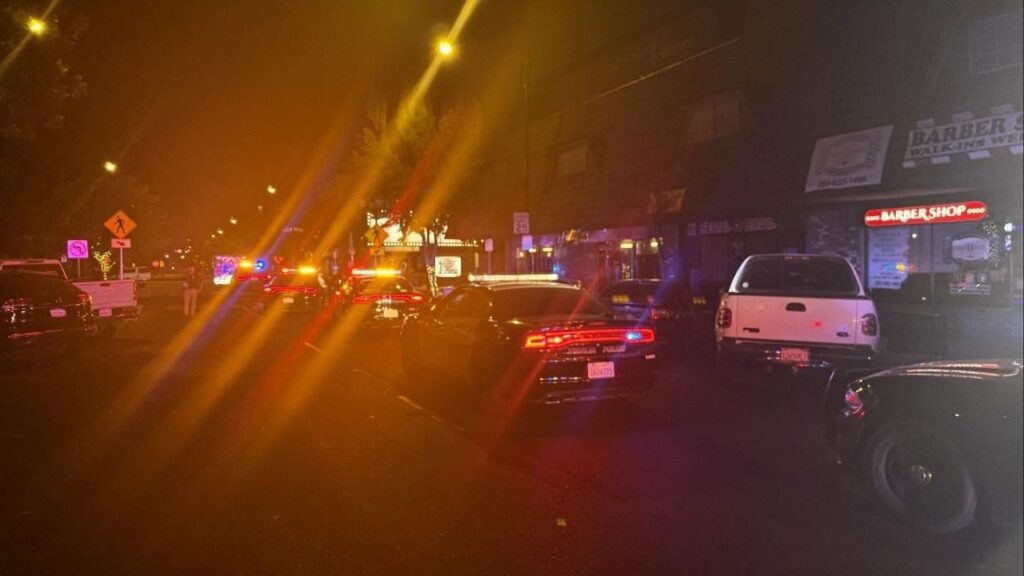
Visalia Police Arrest Two In Deadly Sebby’s Shooting
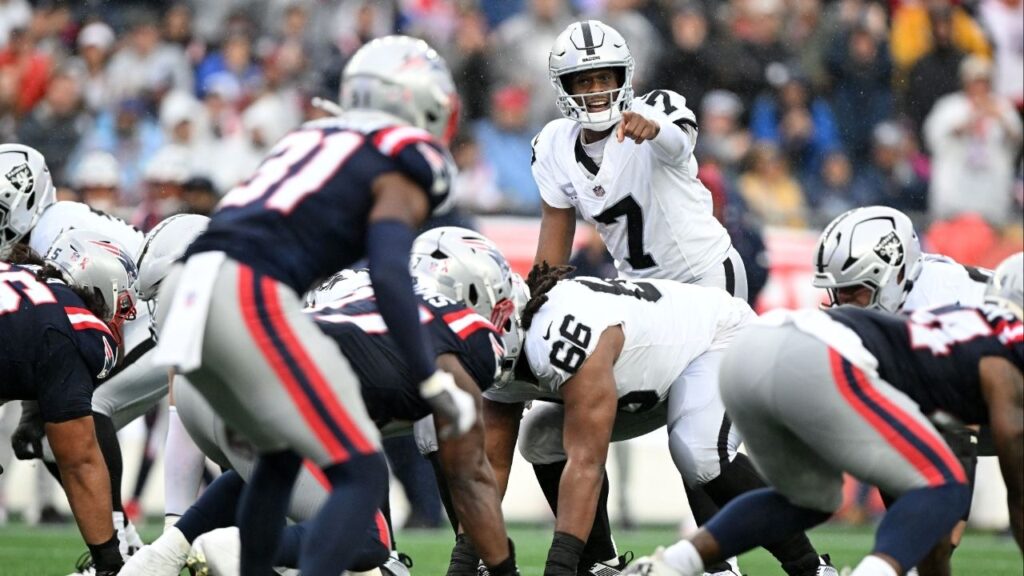
Geno Smith Excels vs Patriots, Pete Carroll Wins in Raiders Debut
